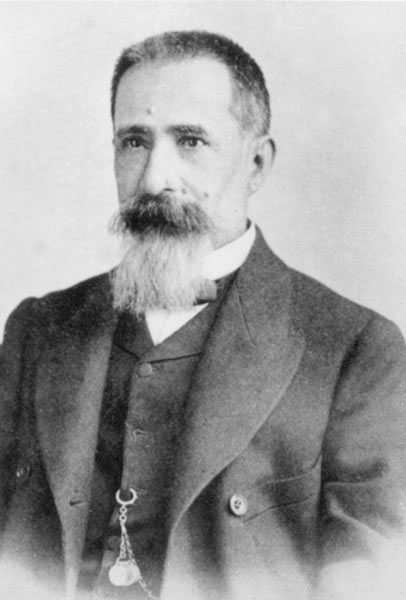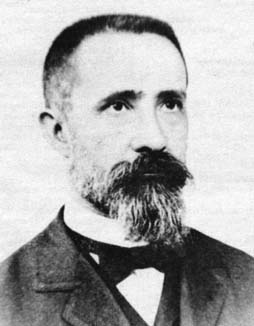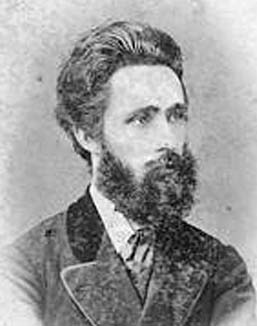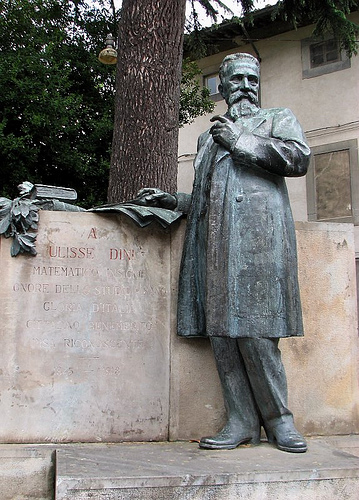<Back to Index>
- Mathematician Robert Lee Moore, 1882
- Poet Aleardo (Gaetano Maria) Aleardi, 1812
- Mathematician and Member of Parliament Ulisse Dini, 1845
PAGE SPONSOR



Ulisse Dini (14 November 1845 – 28 October 1918) was an Italian mathematician and politician born in Pisa.
Dini attended the Scuola Normale Superiore in order to become a teacher. One of his professors was Enrico Betti. In 1865, a scholarship enabled him to visit Paris, where he studied under Charles Hermite as well as Joseph Bertrand, and published several papers. In 1866, he was appointed to the University of Pisa, where he taught algebra and geodesy. In 1871, he succeeded Betti as professor of analysis and geometry. From 1888 until 1890, Dini was rettore (chief executive) of the Pisa university, and of the Scuola Normale Superiore from 1908 until his death in 1918.
He was also active as a politician: in 1871 he was voted into the Pisa city council, and in 1880, he became a member of the Italian parliament.
Dini worked in the field of analysis during a time when it was begun to be based on rigorous foundations. He proved a criterion for the convergence of Fourier series and investigated the potential theory and differential geometry of surfaces, based on work by Eugenio Beltrami.
One of his students was Luigi Bianchi.
The implicit function theorem is known in Italy as Dini's theorem.
